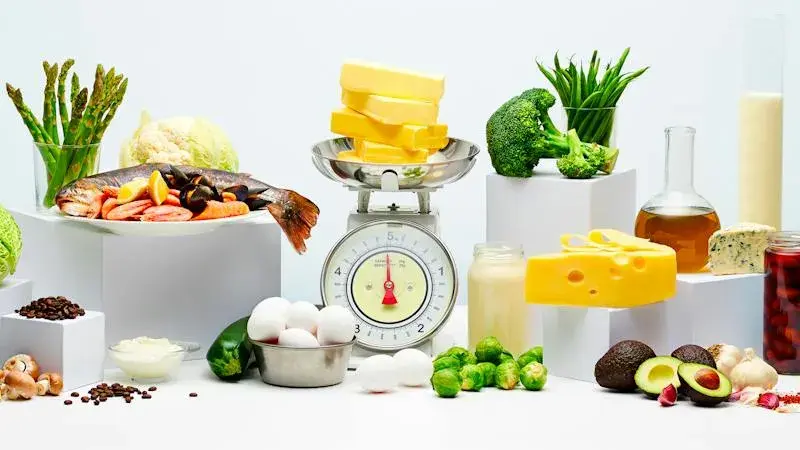The Mental Impact of GLP-1 Medications on Body Image
- Karla Andrade

- May 12, 2025
- 3 min read
Updated: Jan 26
The ability of GLP-1 receptor agonists to aid in weight loss has generated a lot of interest. These medications have significant benefits for hunger control and weight loss, but they can also cause psychological issues related to mental health, body image, and self-image. For people on GLP-1 drugs and the medical professionals who help them, understanding these effects is crucial.
The Emotional Adaptation to Losing Weight

Food is more than just something we eat—it brings people comfort, joy, and a sense of togetherness. However, some medicines, like GLP-1 medications, make people feel less hungry and even take away some of the pleasure of eating. Because of this, some people feel lost or sad when food no longer gives them the comfort or happiness it used to.
Losing weight quickly can also change how someone sees their own body. Some people feel more confident, but others might feel unsure about their new shape. If their body changes
faster than their mind can adjust, they might feel uncomfortable or not quite like themselves. This can be tricky, and feeling at home in their new body may take a while.
Body Image Concerns and Psychological Adjustments

Rapid weight loss can lead individuals to have difficulty adjusting their self-image. This alteration might boost confidence in some individuals. Yet, it could also provoke anxiety or dissatisfaction in others, mainly if perceptions about body size and shape differ from the actual situation. A recent extensive study highlighted the psychological risks associated with GLP-1 drugs, revealing that users had an increased likelihood of facing anxiety, depression, and even suicidal ideation.
Handling Feelings While Taking GLP-1 Medications
Taking GLP-1 medications can affect both your body and emotions. Here are some simple ways to take care of your mental well-being:

Talk to an Expert: A doctor, dietitian, or therapist can give you helpful advice and support.
Eat Mindfully: Try to see food as something that gives your body energy instead of using it to handle feelings.
Find Fun Activities: Doing hobbies, playing sports, or making art can help you feel happy even if you eat less.
Check-In on Your Feelings: Know your mood and stress levels when you need extra help.
Join a Support Group: Talking to others going through the same thing can make you feel less alone and help you find ways to cope.
Conclusion
For many people, GLP-1 drugs have transformed weight reduction, but it's essential to recognize their psychological impact. Although deeply ingrained emotional attachments to food and body image might be upsetting, people can manage these shifts with awareness and proactive measures. Individuals can enhance their connection with food and themselves by balancing their mental health and weight loss goals.
References
Kornelius, E., Huang, J.-Y., Lo, S.-C., Huang, C.-N., & Yang, Y.-S. (2024, October 18). The risk of depression, anxiety, and suicidal behavior in patients with obesity on glucagon-like peptide-1 receptor agonist therapy. Nature News. https://www.nature.com/articles/s41598-024-75965-2
Arillotta, D., Floresta, G., Guirguis, A., Corkery, J. M., Catalani, V., Martinotti, G., Sensi, S. L., & Schifano, F. (2023, October 24). GLP-1 receptor agonists and related mental health issues; insights from a range of social media platforms using a mixed-methods approach. Brain Sciences. https://pmc.ncbi.nlm.nih.gov/articles/PMC10669484/
(AM2), R. B. (n.d.). Overcoming the psychological effects of GLP-1 medications: Balancing weight loss goals with developing new, healthy thought patterns. Metabolic Research Center. https://www.emetabolic.com/blog/medical-weight-loss/overcoming-the-psychological-effects-of-glp-1-medications-balancing-weight-loss-goals-with-developing-new-healthy-thought-patterns/




Comments